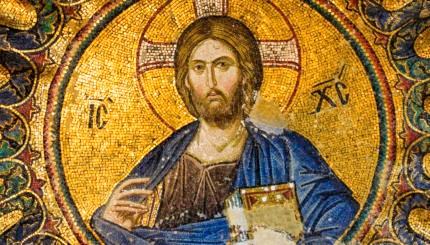The preservation of human life takes precedence over all the other commandments in Judaism. The Talmud emphasizes this principle by citing the verse from Leviticus [18:5]: “You shall therefore keep my statutes…which if a man do, he shall live by them.” The rabbis add: “That he shall live by them, and not that he shall die by them.” (Babylonian Talmud, Yoma 85b)
When life is involved, all Sabbath laws may be suspended to safeguard the health of the individual, the principle being pikkuah nefesh doheh Shabbat–[rescuing a] life in danger takes precedence over the Sabbath.
One is not merely permitted–one is required to disregard a law that conflicts with life or health. “It is a religious precept to desecrate the Sabbath for any person afflicted with an illness that may prove dangerous; he who is zealous is praiseworthy while he who asks questions sheds blood.” (Shulhan Arukh, Orah Hayyim 328:2)
This duty to ignore the law, if necessary, to safeguard health is also stressed in connection with fasting on Yom Kippur. A sick person is obliged to break the fast. Neither the patient nor those attending him need atone when performing such acts that are forbidden under normal circumstances.
In spite of the virtue of observing a fast, it is not virtuous to observe laws at the risk of one’s life. Such conduct is regarded as foolish, even as sinful. The Sages described this stubbornness as a “piety of madness.”
Reprinted with permission from The Language of Jewish Life (Jason Aronson).
Talmud
Pronounced: TALL-mud, Origin: Hebrew, the set of teachings and commentaries on the Torah that form the basis for Jewish law. Comprised of the Mishnah and the Gemara, it contains the opinions of thousands of rabbis from different periods in Jewish history.



